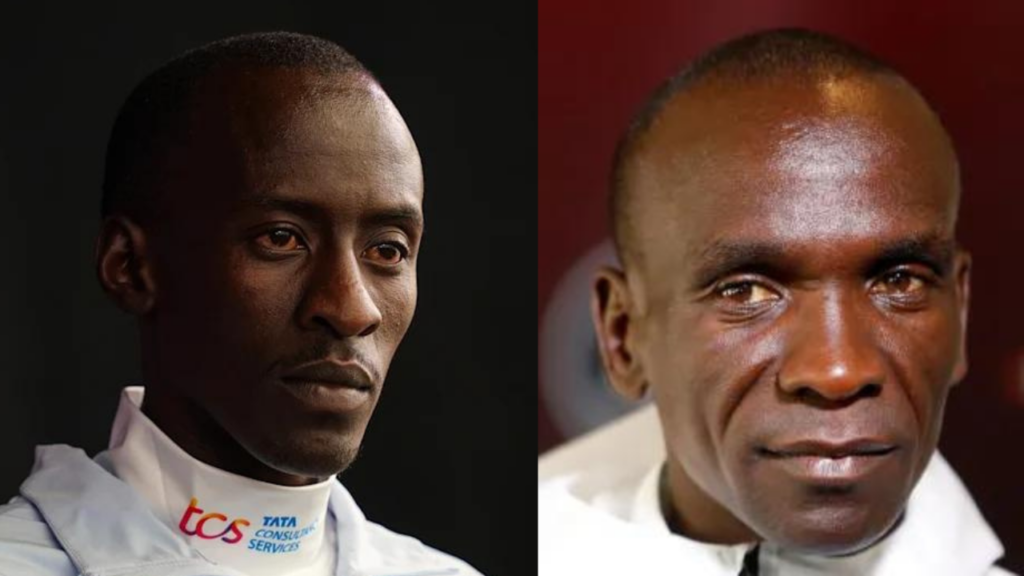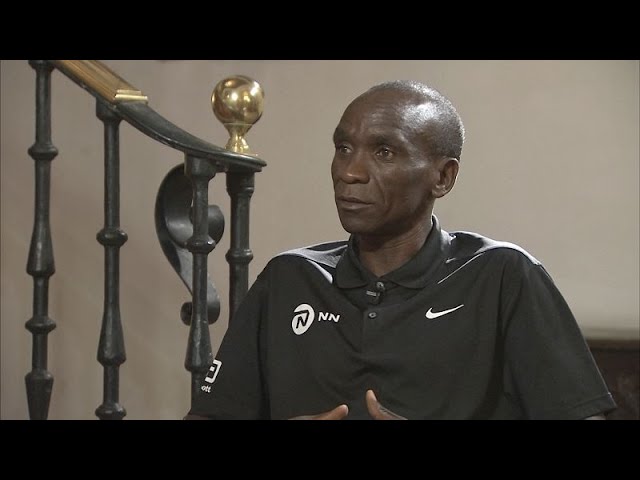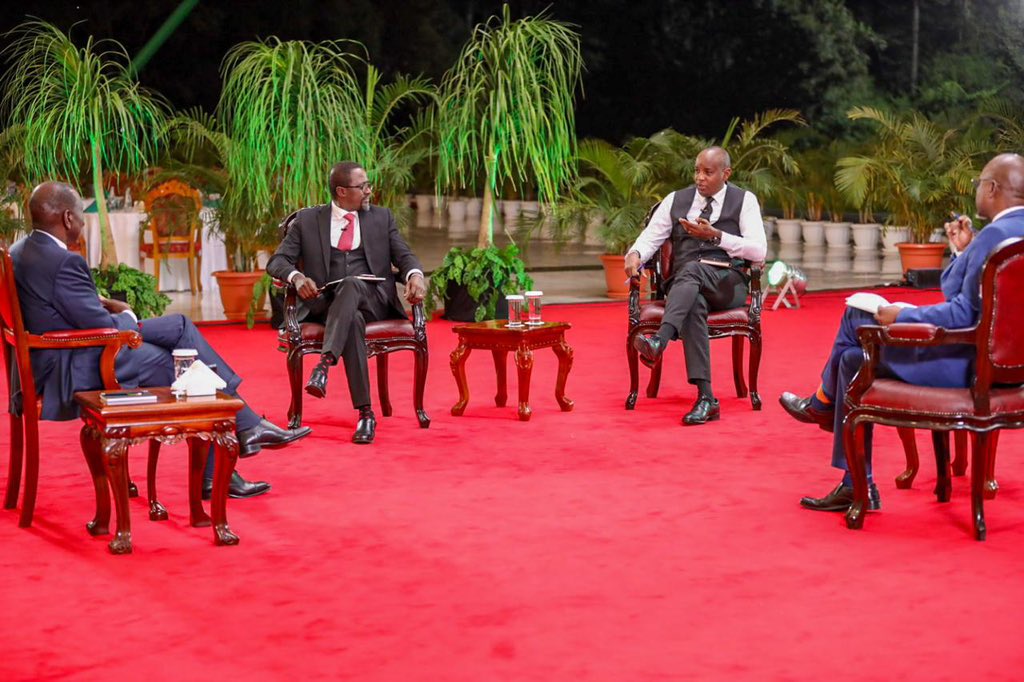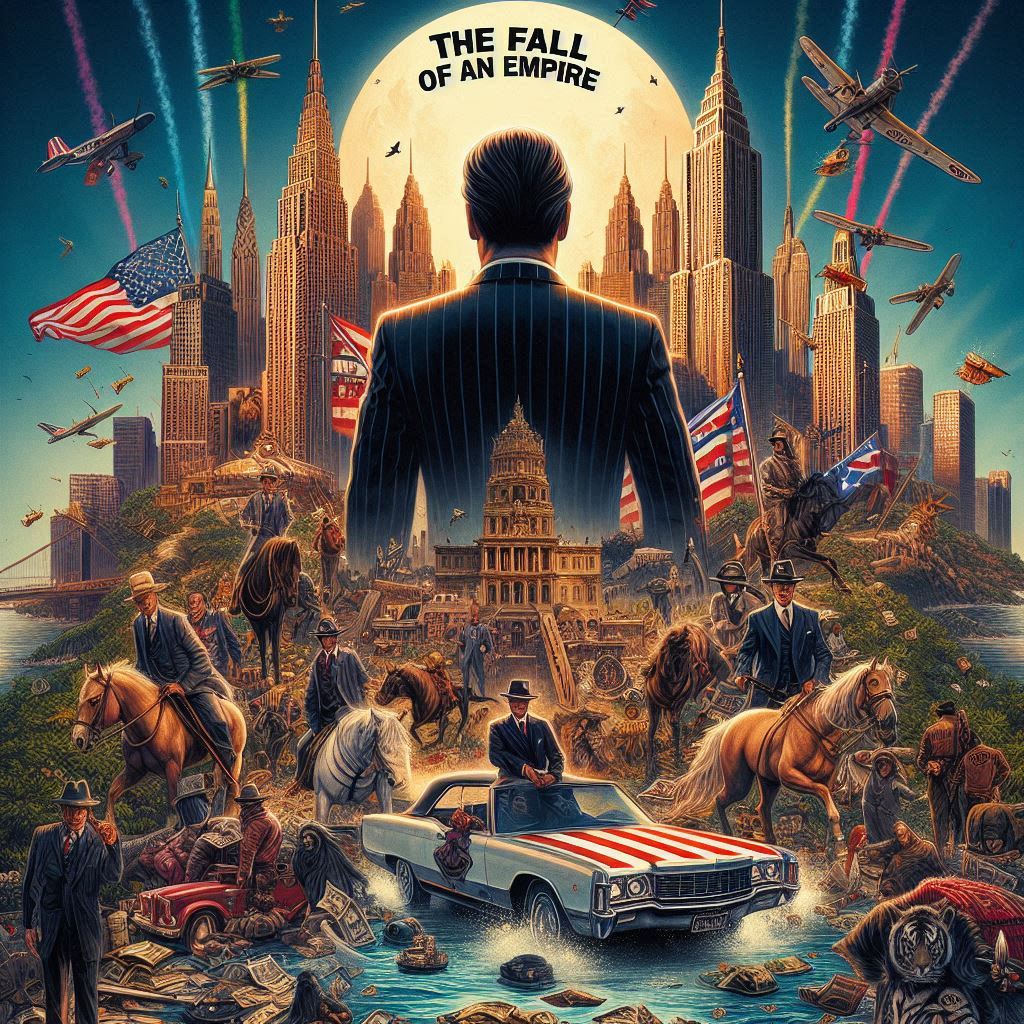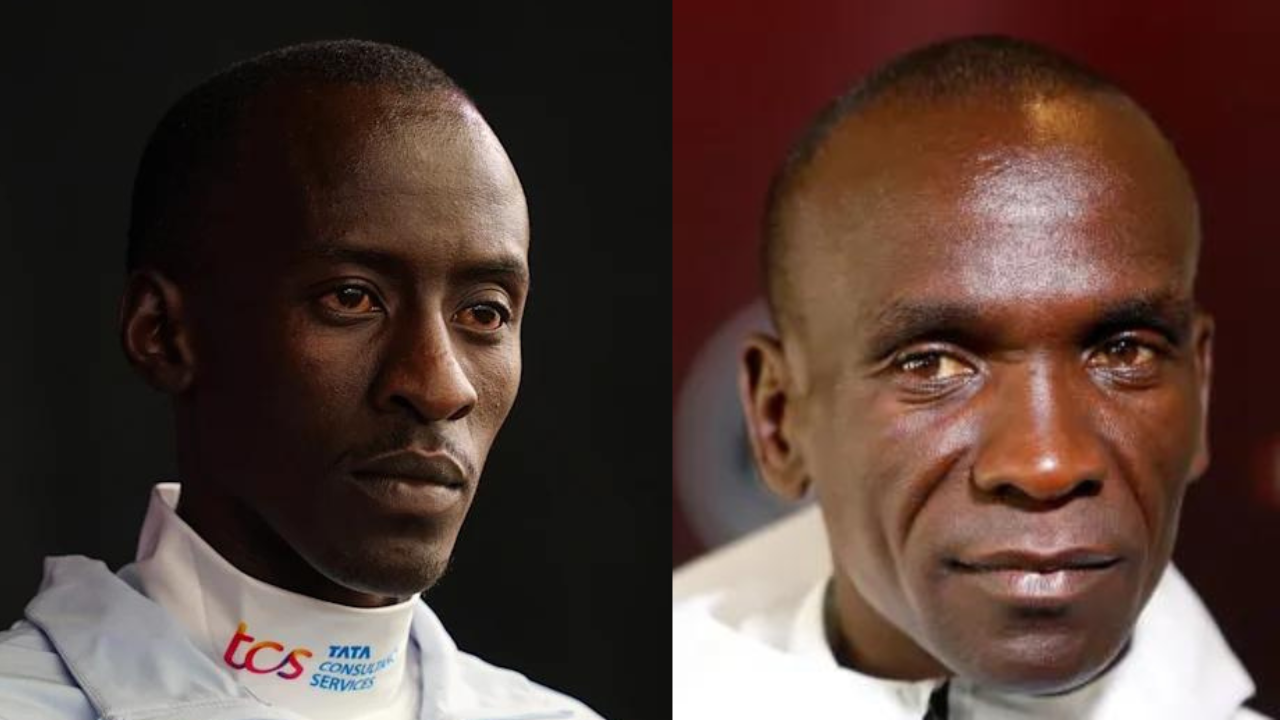
Two-time Olympic marathon Champion Eliud Kipchoge has for the first time opened up about the death of Marathon prodigy Kevin Kiptum rocked not only the athletics fraternity but Kenya and the world by extension.
At just 24 years old, Kevin Kiptum’s life was tragically cut short by a fatal car crash in early February. From the looks of things, Kiptum proved to be the only athlete who could challenge Kipchoge in the marathon space after he became the first person to run a 42-kilometre race in sub 2:01.
Kipchoge, led the tributes after Kiptum’s death, mourning the loss of an athlete who had a “whole life ahead of him to achieve incredible greatness”. Kiptum’s coach, Rwanda’s Gervais Hakizimana, was also killed when Kiptum lost control of their car and crashed into a tree.
However, online users were quick to judge Kipchoge, with many stating that the 39-year-old marathoner knew what caused the death of young Kiptum.
During an interview with British broadcaster BBC, Kipchoge made some shocking revelations. He stated that unknown individuals were threatening to burn his house and other investment properties in Eldoret town, as well as his training camp.
“That was my worst news ever in my life.
“I received a lot of bad things; that they will burn the (training) camp, they will burn my investments in town, they will burn my house, they will burn my family.
“It did not happen but that is how the world is.” Stated Kipchoge.
Kipchoge said he was worried for the safety of his children and revealed the impact the rumours had on his mother.
“I don’t have power to go to police and tell them my life is in danger. So my concern was actually to tell my family to be extra conscious and cautious,” he said. “I started to call a lot of people.
“I got really scared of my children going to school and coming back. Sometimes they bike around, but we had to stop them because you never know what will happen. We started to drop them [off] and pick them [up] in the evening.
In light of this, the long-distance marathon runner believes that social media companies are not doing enough to clamp down on cyberbullying and abuse.
He also mentioned that he did not sleep for three days before the Tokyo Marathon in March as a result of the threats. He finished 10th in the race, his worst position since making his marathon debut in 2013.
